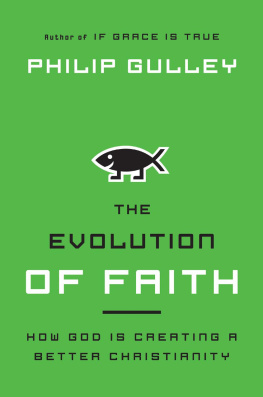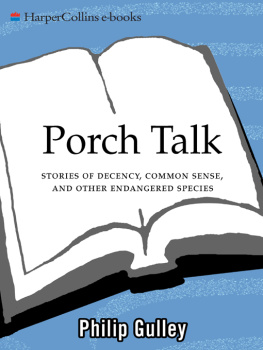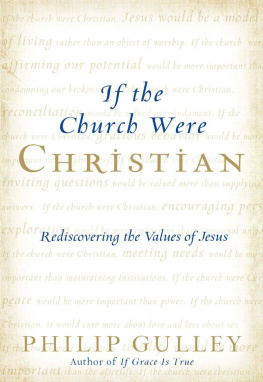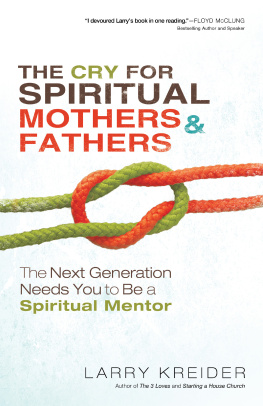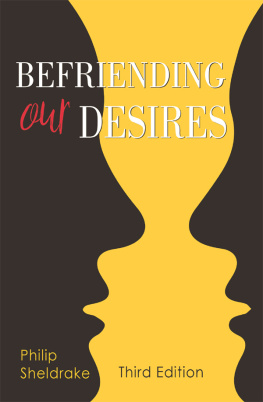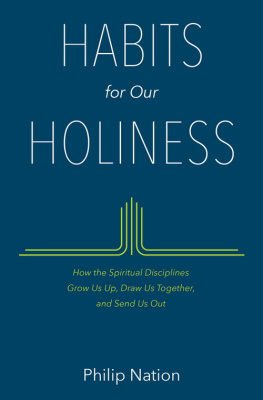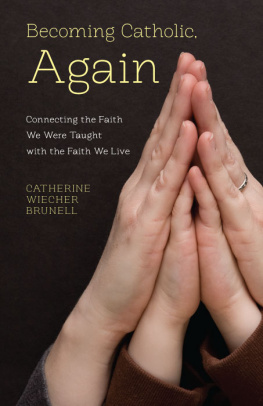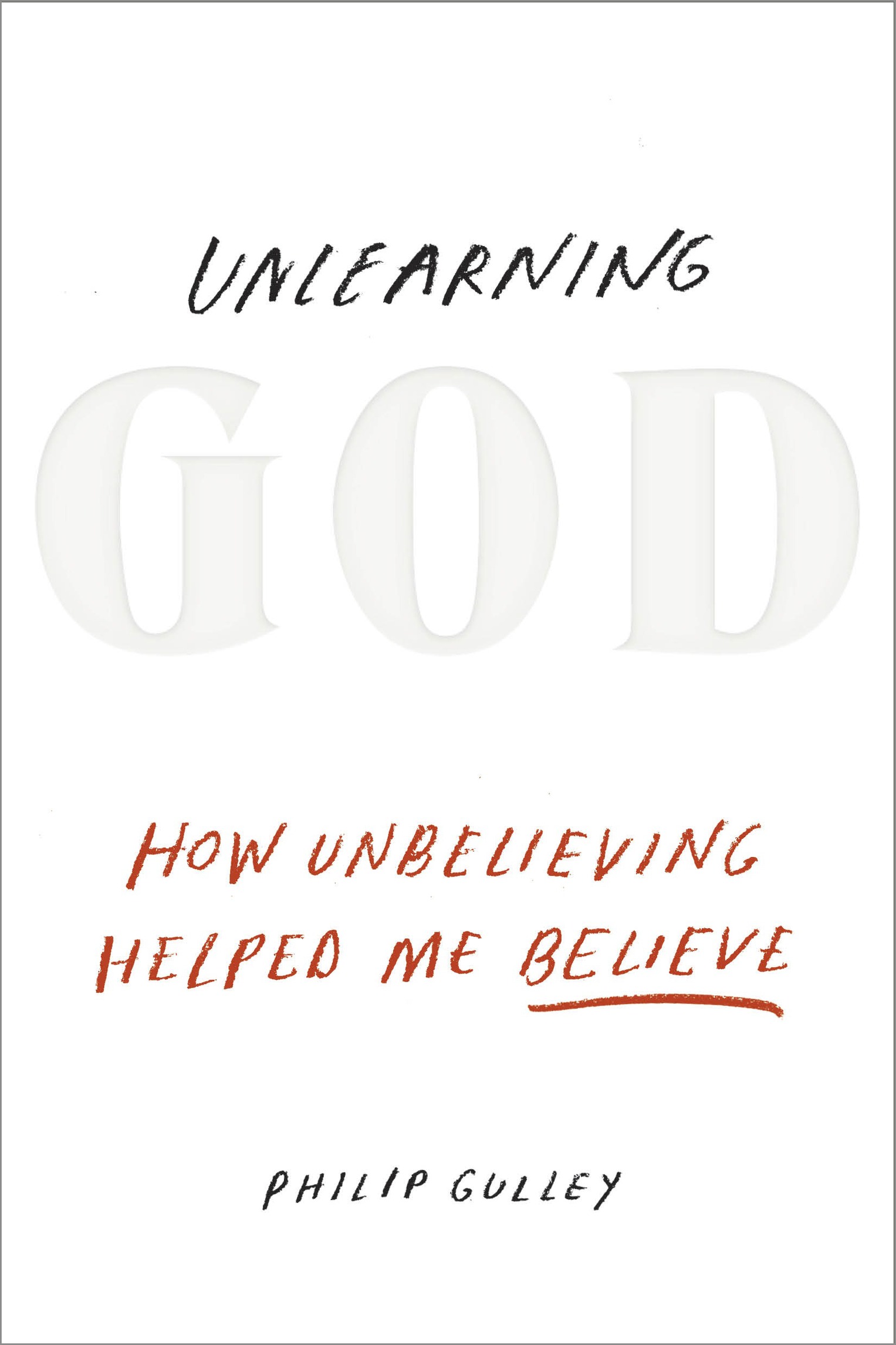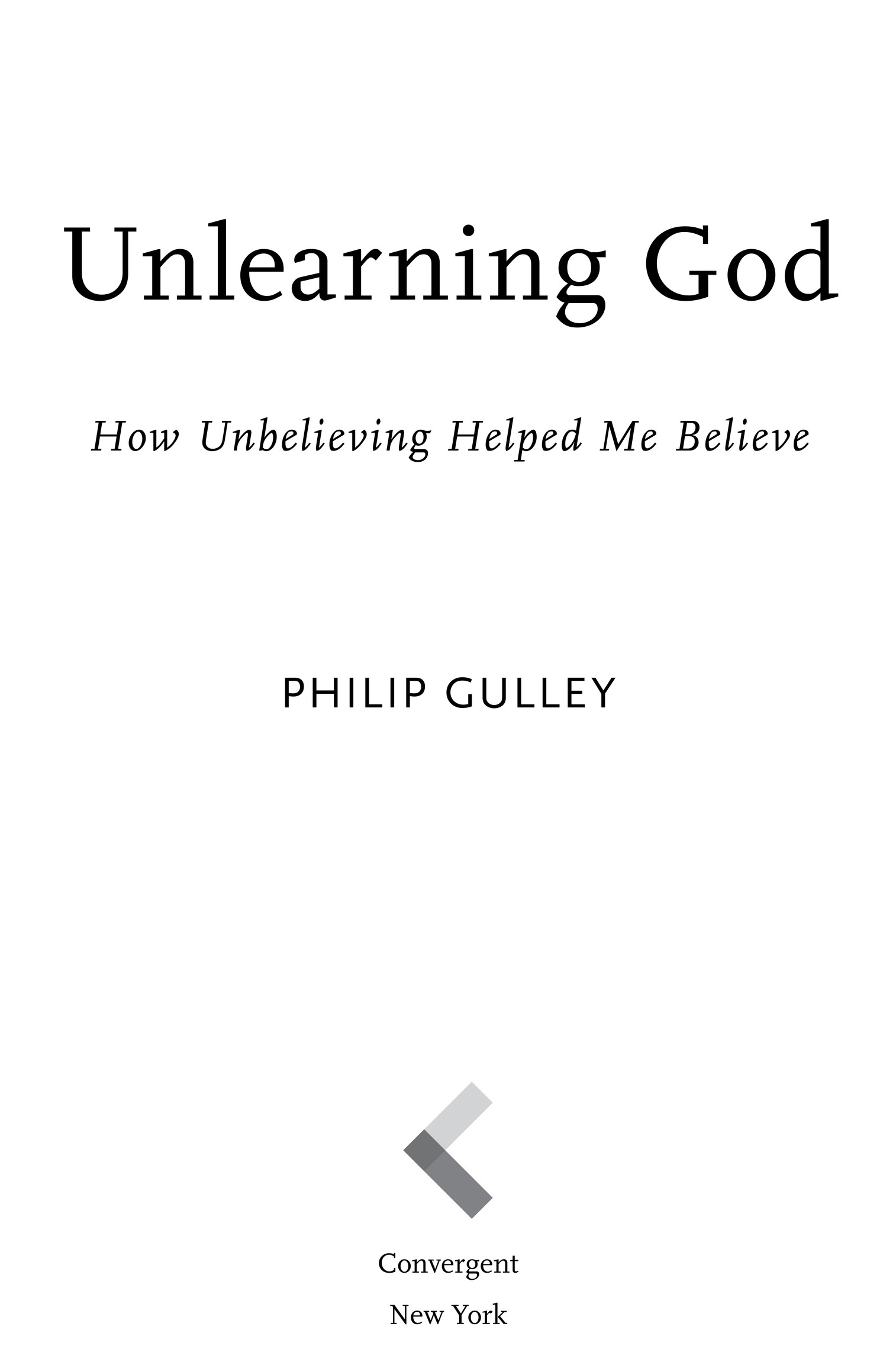All rights reserved.
Published in the United States by Convergent Books, an imprint of the Crown Publishing Group, a division of Penguin Random House LLC, New York.
CONVERGENT BOOKS is a registered trademark and its C colophon is a trademark of Penguin Random House LLC.
Library of Congress Cataloging-in-Publication Data is available upon request.
To Madeline, my granddaughter, in hopes she will think deeply, love widely, and live fearlessly.
And to my mother, Gloria Gulley, who first taught me how to unlearn, and died during the writing of this book.
Preface
A Word Before We Start
I began writing this book in my fifty-fifth spring, in my thirty-second year of serving as a Quaker pastor. But the seed of this book began long before that, in my first year of ministry, when I had to decide what kind of pastor I would be. Would I confine myself to the safe boundaries of orthodoxy, or would I question and explore? It occurred to me the people I most admired were spiritual pioneers, pushing themselves, and the church, beyond the settled creeds and doctrines. Besides, I had never been one to follow directions, so it was a foregone conclusion that if there were a straight path to God with clear and printed instructions, I wouldnt take it. Instead, I would wander, meander, and poke along, retain what resonated with my experience, jettison what didnt.
My pattern went something like this. First, I would learn something about God, usually something taught me by the church. I would embrace it as a great truth and believe it with all my heart. Then something would happena deep sorrow, a great joy, a revealing discussion, an existential crisis, a painful struggle, an out-of-the-blue insightthat would cause me to reconsider what Id been taught. Sometimes that was exciting and joyful, other times frightening and upsetting. Sometimes a new insight came quickly, filling the void of the insufficient answer, but most times no new answer rushed in to replace the old. Indeed, there are questions whose answers I will never know.
So first I learned about God, then by virtue of lifes events I unlearned, then sometimes I learned again. Because God likes a good joke, Ive even recommitted to beliefs I once rejected, like those couples who remarry each other after a decades-long divorce. Sometimes things work better the second time around.
This book is about unlearning things I was taught about God, about myself, about others, about the world. It is about a journey many have taken, so its not just my story, it could also be told by others. I know that because Im a pastor and have heard their stories, the fearful confessions of changed minds, the exhilaration of fresh discoveries, the exploration of new territory for which no maps have been drawn.
Sometimes after my unlearning, I have learned something new. If so, I will tell you. Other times Ive not found anything new to replace the old, so I can only tell you that the old answer I once held dear no longer suffices. I will even tell you why, but I cant always tell you what belief might replace it. Its a bit like when I was a teenager and my girlfriend broke up with me without having a new boyfriend to take my place. Sometimes life is like that. We know the old isnt working, so we let it go even though we have no idea what might be next.
While writing this book, I was often asked what the title would be. I dont usually reveal book titles before books are published, fearing people wont like them and will tell me so. But I was curious about how people would respond to a book called Unlearning God, so this time I answered when asked. A majority of the people were intrigued by the title and pressed me for more details. A few mistakenly assumed I had become an atheist and was writing to convince others to join my ranks.
Many more, when I began to describe the book and its theme, said they had also unlearned certain things about God. A few of them even suggested I write about their experiences and said I could use their names. (People love being mentioned in a book.) Heres where it gets interesting: Some of the people who asked about the book wanted to know if I would tell the readers what to believe. They invariably said the same thing.
If youre going to tell us what we should no longer believe about God, I hope you tell us what we should believe.
I would say the book wasnt intended to tell them what they should or shouldnt believe. It is about my experience with God, which might be similar to your experience, Id say. As for what to believe, you must figure that out for yourself.
One thing my experience has showed me is that spiritually alive people tend to be insatiably curious about the Divine Presence, refuse to settle for clich-heavy religion, and feel little obligation to believe something because they are told they must.
I have come to wonder why weve ceded this most intimate of matters to the church and clergy. Yes, thinking deeply about God is challenging work. No doubt about it. But why should someone else do that for us? It would be like paying another person to love our spouses when doing so became too difficult for us. Why are so many people willing to let others do this work for them? Do they believe theyre incapable of thinking about God? Are they worried they might think the wrong thing about God and be punished for it? Are they afraid of where doubts and questions might lead? What, or who, made them afraid of thinking for themselves?
Each of the following chapters describes a belief about God I had to unlearn or, at the very least, reinterpret. Each of these beliefs became impossible to sustain, so I chose to let it go, to unlearn it. Now let me drop the bombshell. My unlearning might one day lead me to no longer believe in God, might lead me to give up God altogether. Thats the risk. But why should that risk inhibit our search for meaning? Just as every marriage carries the risk of divorce, every relationship of faith carries the risk of unfaith. For me, that hasnt happened yet, although I know and love people for whom it haspeople I would have sworn were exempt from existential U-turns. I think no less of them. Indeed, I admire the courage of the thoughtful and sensitive atheist. It is not an easy position to hold in a culture which almost requires a fixed declaration of faith.
Heres another bombshell. The folks Ive known who most adamantly believe, who would never confess to a moment of doubt, are often the ones on the verge of unlearning, hoping their doctrinal stubbornness will somehow smother their growing doubts. It doesnt work. I tried. Trust me on this.
The tone of this book is by turns humorous and serious. Sometimes the only fitting response to religious claims is laughter. Nothing pops the balloon of pompous piety more than humor. But seriousness has its place, given the grievous spiritual and emotional harm some beliefs have caused. They must be taken seriously and dismantled thoroughly, as a surgeon might excise a tumor. So sometimes well laugh, but most times well be thoughtful.
Lets be clear about one thingunlearning the things weve been taught about God isnt an abandonment of faith. It is in some ways the beginning of faith, the realization that someone elses faith is a poor substitute for our own. But once we decide to be people of faith, we simultaneously commit ourselves to growth and change. We may not realize that at the time, but changes of mind and heart are part and parcel of our spiritual journeys. Avoid those persons who claim always to have believed the same thing and demand you do the same.


